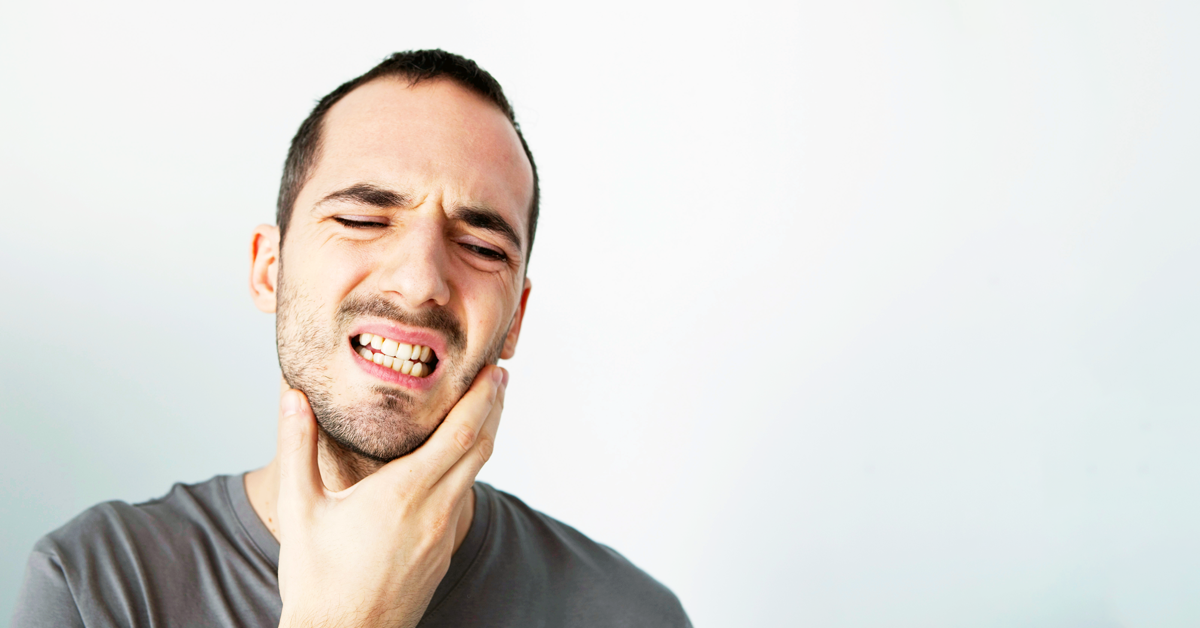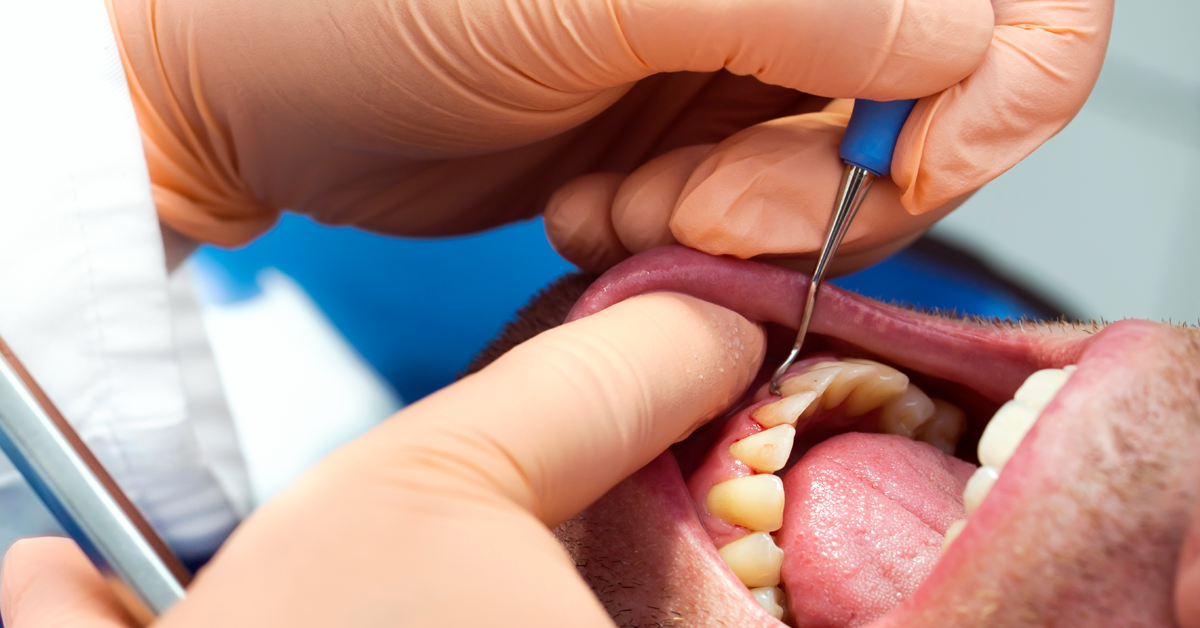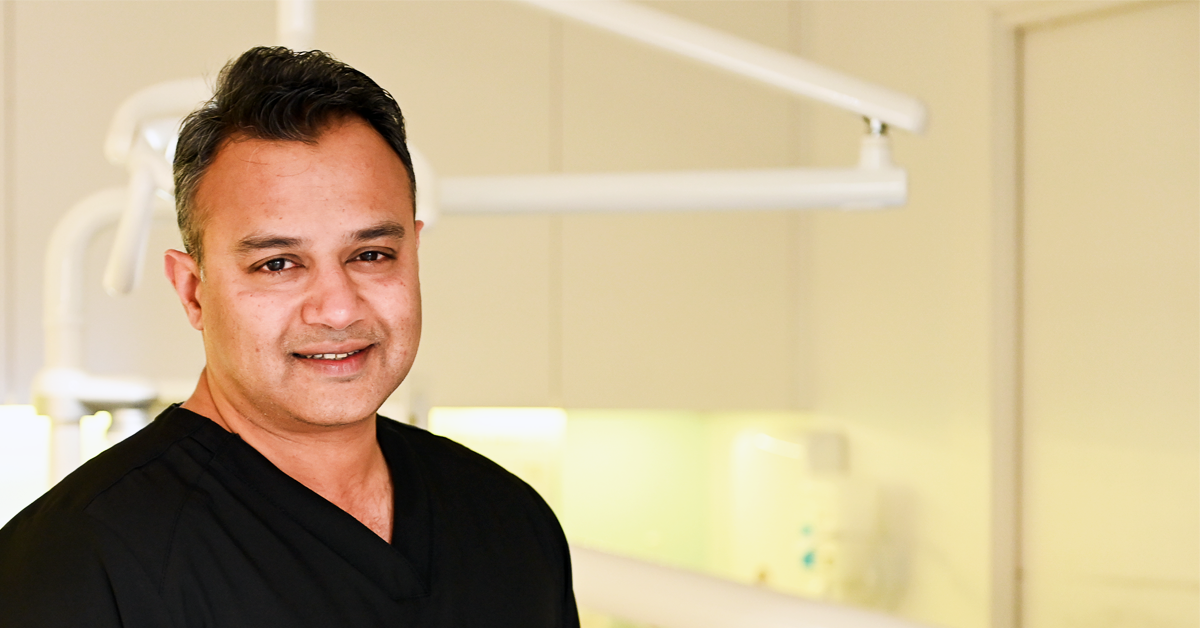Bruxism, TMJ and Sleep Apnoea

Facial pain and TMJ pain are becoming more prevalent, particularly among younger patients. Daily teeth grinding leads to chronic pain, fractures, and cracks, reducing the quality of life. Teeth grinding, jaw pain and sleep problems can sometimes be related.
Bruxism
The involuntary grinding, gnashing or clenching of teeth is medically known as bruxism. It is an extremely destructive disease and is explained by an improper jaw function.
Causes of Bruxism:
- Psychological causes such as anxiety or stress.
- Physical causes such as an uneven biting surface or misaligned teeth.
- People diagnosed with sleep apnoea grind their teeth during sleep, which triggers the brain as an alert response to open up the airways and allow more oxygen into their bodies.
Symptoms of Bruxism:
Most people are unaware that they grind their teeth until informed by their partners or advanced symptoms like these arise:
- Flat, worn-out or damaged teeth and restorations (fractured/chipped/loose teeth or restorations)
- Painful or sensitive teeth
- Pain or stiffness in the jaw
- Headache, ear ache or face pain
- Intense jaw clenching
Teeth grinding and children
It is common for children between the ages of 2 and 9 to grind their teeth and experience snoring. However, around two-thirds of these children will grow out of these issues by the age of 9, as their airways develop and they are able to breathe better.
TMJ Disorder
The temporomandibular joint (TMJ) is a small hinge joint located on either side of the jaw that enables the mouth to open and close. It is essential for various activities such as eating, drinking, and speaking. When issues arise that affect its function, it is known as TMJ disorder.
Causes of TMJ Disorder:
- Teeth grinding or clenching that put strain on the joints
- Crooked teeth or a misaligned bite
- Injuries to the jaw or mouth
- Arthritis and other joint conditions
Symptoms of TMJ Disorder:
TMJ disorder can cause various symptoms that may not seem related to the jaw joint. Some of the symptoms include:
- Headache
- Facial pain
- Dizziness
- Clicking or popping sensation in the jaw
- Difficulty opening and closing the mouth or jaw-locking
- Difficulty biting, chewing, and/or swallowing
- Earache
- Ringing in the ears
- Numbness in the arms and/or fingers
Treatment options for Bruxism and TMJ Disorder:
- Medications such as muscle relaxants
- Nightguards and customised oral appliances
- Bite-realignment appliances
- Orthodontic treatment, such as Invisalign to correct uneven and/or misaligned bite
- Techniques for handling stress
- Jaw and bite therapies
- Neuromuscular dentistry including jaw exercises
- Restorative dental care
- Jaw surgery (in severe cases)
Custom nightguards can relieve bruxism and TMJ symptoms by preventing teeth from touching during sleep, which may also help stabilise the jaw over time.
Obstructive Sleep Apnoea (OSA)
Obstructive Sleep Apnoea (OSA) is a disorder that occurs when the airways are blocked, leading to interrupted breathing and a decrease in the amount of oxygen that reaches the body. This can result in several serious health conditions. If you experience frequent interruptions to your sleep due to OSA, you may not feel fully rested during the day and may experience headaches and fatigue. If left untreated, OSA can lead to a variety of health complications over time.
Symptoms of OSA:
- Snoring or breathing loudly during sleep
- Waking up suddenly in the night
- Waking up with headaches in the morning
- Feeling tired or irritable during the day
- Having trouble with memory or concentration
Treatment options for OSA:
If you are suspected of having OSA, we may refer you to a sleep specialist who can diagnose your symptoms and recommend appropriate treatments like these:
- Wearing a custom-made oral appliance. Oral appliances for mild to moderate sleep apnoea are designed to hold the throat open and prevent it from being blocked. This could help you to breathe uninterrupted during sleep.
- Changing sleep habits/postures
- Avoiding alcohol in the evenings
- Use of continuous positive airway pressure (CPAP)
- Surgery to remove the airway obstruction
Category
Latest Videos
Latest Blogs
6 days ago
6 days ago
6 days ago


